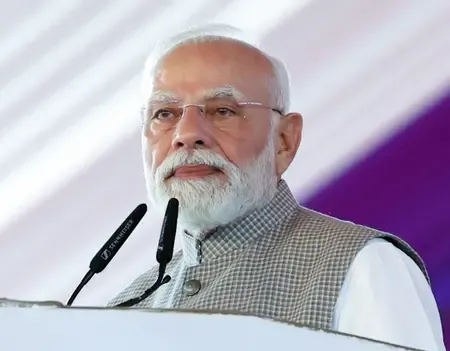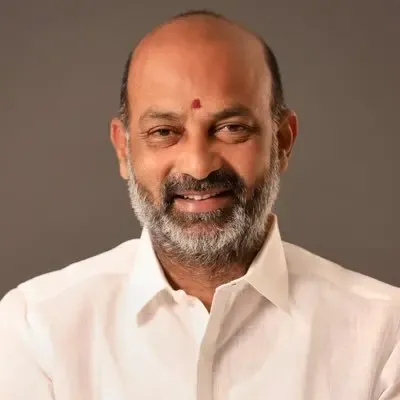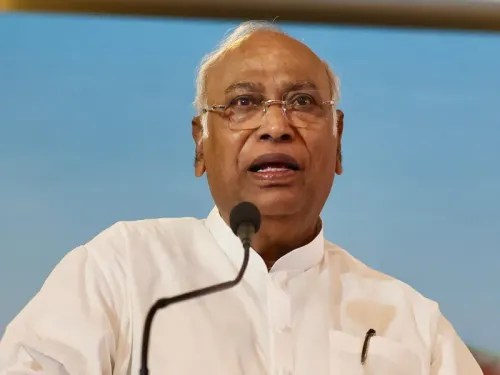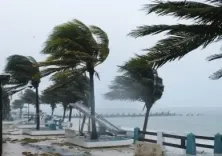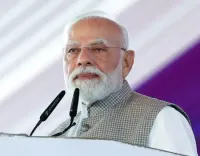Is Chief Justice Sanjiv Khanna Retiring Today?
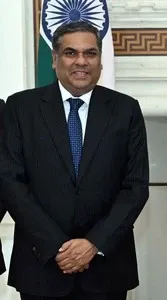
Synopsis
Key Takeaways
- Chief Justice Sanjiv Khanna retires today after a brief six-month term.
- Justice Bhushan Ramkrishna Gavai is recommended as his successor.
- Justice Gavai will be the 52nd Chief Justice of India.
- Justice Gavai has a rich background in Constitutional and Administrative Law.
- His elevation marks a significant milestone in judicial inclusivity.
New Delhi, May 13 (NationPress) Today, Chief Justice of India Sanjiv Khanna will conclude his service, bringing his term as the 51st Chief Justice of the Supreme Court to a close.
Justice Khanna took office on November 10, 2024, and retires after a brief yet impactful six-month tenure.
He has officially put forward the name of Justice Bhushan Ramkrishna Gavai, the second-highest-ranking judge in the Supreme Court, to succeed him. This recommendation has been forwarded to the Union Ministry of Law and Justice, and following acceptance by President Murmu, Justice Gavai is set to be inaugurated as the 52nd Chief Justice of India.
In accordance with judicial customs, Justice Khanna will take part in a ceremonial bench alongside his successor.
The Supreme Court Bar Association plans to honor the outgoing Chief Justice with a formal farewell ceremony, where Justice Khanna is anticipated to deliver his farewell remarks.
Justice Gavai was appointed to the Supreme Court on May 24, 2019.
At 64 years of age, he is expected to serve as the Chief Justice until November 23, 2025, the age of retirement for Supreme Court judges.
Hailing from Amravati, Maharashtra, Justice Gavai commenced his legal journey on March 16, 1985. He received mentorship from Raja S. Bhonsale, a former Advocate General and High Court judge. Post-1990, he concentrated his legal practice at the Nagpur Bench of the Bombay High Court, focusing on Constitutional and Administrative Law.
Justice Gavai has held numerous significant public legal roles, such as Assistant Government Pleader, Additional Public Prosecutor, and subsequently Government Pleader and Public Prosecutor for the Nagpur Bench.
The elevation of Justice Gavai is a notable development in the judiciary, not only due to his expertise but also as one of the few Chief Justices from a Scheduled Caste background, symbolizing the increasing inclusivity within the Indian judicial system.

